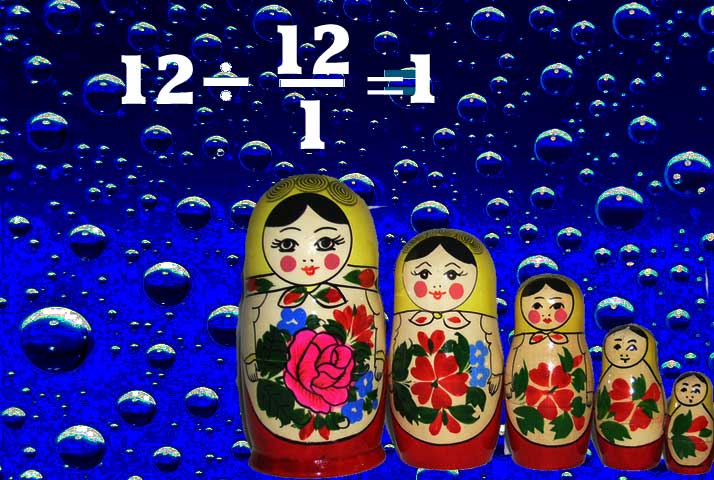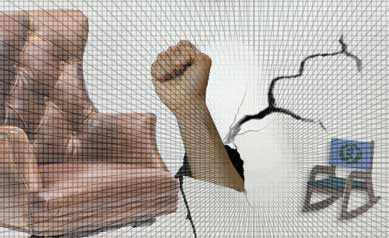The Political Fate of Eritrea: In The Context of Our Time

The Eritrean political condition has occupied the major part of the lives of four generations of Eritreans. In the processes, such political condition has consumed countless lives creating untold sufferings; putting on regression for human and technical development. This is neither my pessimistic view nor the wishful thinking of the opposition groups that do not see any good from the regime in power. It is a realistic view and an opportunity for honest reflection and inventory checklist. We can only look at the situation in the context of our time, specifically of our region from the failed State of Somalia to the recent Arab Uprisings that eclipse our views with a desert sand storm at every spark of light in search of clear vision.
The one step forward and two steps backward of democratic process emerging in the consciousness of the masses if not on the ground have become elusive and messy. What has been unfolding in Egypt is a clear example of the legacy of oppression with lasting effect in every citizen on the victor and the vanquished. Many scholarly studies have been done on “internalized oppression syndrome” that can help understand some of the behaviors exhibited though in vision of noble goal but are entangled by circumstances they are unable to explain or overcome.
Those who paid dearly for such messy process to emerge with the hope of gradual evolution of democracy and rule of law this might be disheartening. For those who believe that they offer unwavering stability against hoards of adversity staying the course of progress yet do not offer any semblance of democracy or due process of law, they live in self-delusional reality. Eritreans, especially those of us who see reality through rosy-pair of glasses; sooner or later we will be surprised by the unfolding naked reality to rude awakening.
The political mess exhibited by the opposition groups, who could not see beyond their internal conflicts and the regime in power could do no wrong should be evaluated from the point of internalized oppression. Both suffer from “victimhood syndrome,” which is clouding their vision for possibilities and any goodness that could emanate out of their collective efforts. For example, the opposition groups operate from misplaced priorities; though they profess that the enemy is the regime in Eritrea; they wage war with each other. The Eritrean regime sees itself as a victim of visible and invisible enemies. Whether these are tactics of political ploy or not, they have insidious effect on our society. They put additional layers to the complexity of “internalized oppression.” For example, during the war of liberation and even now Eritreans have gone too far in exhibiting their victimhood to successive oppressions reciting litanies of colonizers – Ottoman Turkey, Egypt, Italy, Great Britain and Ethiopia. Such unqualified recitation of history had political goal not historical objectivity. Its main purpose was to claim that Eritrea was never part of Ethiopia; therefore, it should be independent as sovereign country. The argument that Eritrea was creation of colonial boundary created by Italian occupation as a result of the Berlin Conference in 1884 would have sufficed to claim and fight for sovereignty without stretching and abusing historical facts. For example, the extent and the influence of the Ottoman domination has never been fully analyzed in comparison to the local culture, language and other spheres of influence colonizers normally do; the same analysis should have been done with other successive colonizers. Eritrean culture has never been abused by all successive colonizers as much as the current regime; the opposition groups do not have clean track-record either.
The internalized oppression or sense of victimhood in Eritrea should be compared against brainwashing that took place during the war for independence. The legacy of victimhood still plays prominent role rehashing politicized history or arousing sentimental of enmity. Therefore, as much as the legacy of external oppression the self-inflicted “internal oppression” should be taken into consideration as the problem of Eritreans at home and in the Diaspora.
In the context and movements of our time, how will Eritreans handle when the inevitable time of reckoning finally arrive; will they recoil to the shell of victimhood, to avoid facing their true image in the mirror or admit the mess they created picking up the pieces and move forward? The avoidance of reality; blaming everything on someone else, mostly the previous generations including “the heroes of the armed struggle” exonerating ourselves as do no evil generation is the real problem at hand. In this context, the fate of Eritrea is bleak unless there is a national introspection, each one of us admitting our contribution to the current mess by commission or omission. However, there is huge mountain each one of us to climb, which is a mountain of Eritrean arrogance coupled with slippery slope of ignorance. On the other hand, no one can underestimate the awakening of our collective will latent within that can be commandeered with visionary leadership and hope for possibilities.
Finally, the possibilities should not be mistaken for copy-cut democracy that defies the socio-cultural and historical reality of a people. In the case of Eritrea, once we overcome the blame game and victimhood, we will realize democratic process, consensus building and rule of law are deeply rooted in our history and culture regardless of ethnicity and language background. When the inevitable takes place are we going look for a solution that move us forward anchored in our values or look for someone to blame at every turn we face challenges. The fate of Eritrea is in our hands, those of us at home and in the Diaspora – are we going to seal it with fate of hope or the fate of doom? Let us reflect on the current situation of Eritrea and make an inventory checklist to our role and contribution.



Awate Forum